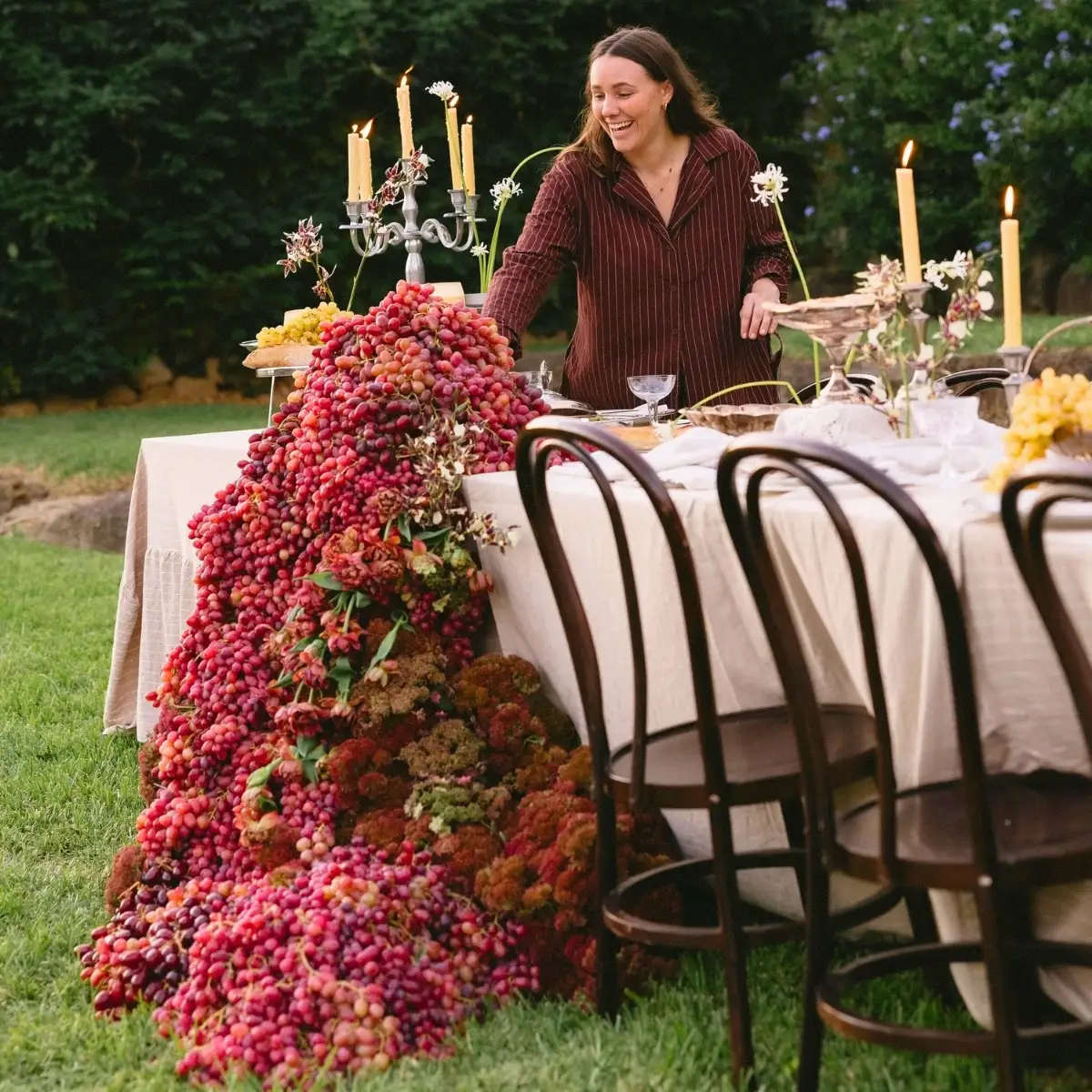Wedding planning can be the most satisfying work and yet as well full of very many challenges. As a wedding planner, you would be contributing to the success of that special day of the couple where everything will fall into place just the way they imagined it. Even the very best of them all sometimes become open to common pitfalls.
This article will discuss six wrong tracks that wedding planners typically take and suggest strategies for alleviating the mistakes.

Poor Time Management
Proper time management forms the backbone of effective wedding planning. One has to coordinate a thousand and one task, from the vendors to create a timeline. Hence, there is a need for planners to create a clear and orderly system. The commonest mistake that seems to occur is underestimating the time required for most tasks, which results in delays and, eventually, poor execution at the last minute.
To avoid similar instances, wedding planners should make realistic plans supported by timelines and checklists. By constantly reviewing and updating the plans, potential bottlenecks can be realized to set pre-adjusting measures and buffer time needs to be built in due to unplanned challenges or delays.
Lack of Communication
Open and clear communication should be maintained consistently throughout the wedding planning. Any failure to properly keep all parties involved—the couple, vendors, and any other stakeholders—informed and aligned will result in misunderstandings, missed deadlines, and conflicts.
Good wedding planners would mostly have the following communication tricks:
- Frequent check-in meetings or calls with the couples to discuss progress, raise concerns, and collect feedback.
- Email documentation of all decisions, agreements, and action items clearly and concisely done.
- Allow vendors to easily share important information and ensure everyone is on the same page to collaborate seamlessly.
- Address any issues that change, proactively inform relevant parties, and involve them in decision-making.
- Neglecting the Budget
One of the most critical steps in wedding planning is budget handling. This is to be acted upon by proper expense tracking, anticipation of any concealed hidden costs not planned for, and communication on the possible constraints that might turn out to be bottlenecks should the budget not be heeded. Otherwise, the whole planning process would be ruined, leaving the couple bewildered and disappointed.
To avoid this, a wedding planner should work closely with clients from the very beginning to set a realistic budget that considers all probable expenditures: venue rentals, catering, decor, entertainment, etc. Continuous review and open updates of the couples' budget can allow them to make informed decisions that keep them within their means.
This would include negotiating competitive rates with all vendors where possible and looking for creative cost savings opportunities—such as off-season weekends where discounts are available. Keeping a detailed budget with no less than a 5-10% cushion in the overall budget allocation can help absorb unexpected fees, which is so common in this industry.
Stress may be alleviated, and continuity throughout the execution, from initial planning to implementation, is ensured by keeping detailed budget records. Proactive spending communication is very helpful as it lets everyone stay informed and control the expense.

Ignoring the Couple's Vision
A good wedding hinges on understanding and embracing the couple's vision, style, and what they are. A proper event planner should base a couple's wants on the couple's styles without imposing his ideas or ignoring their input. At least, this will be a sound strategy for engaging in deep consultations that amass information about aesthetic preferences, themes, and experiences.
You need to show them the mood boards, inspirational images, and choice of vendors closely aligned to their preferences, actively look for their feedback and input at each stage of planning, and be open to making any changes, but you should resist the temptation of overruling their decisions even when you feel you have a better idea. Listening non-judgmentally is necessary in meeting their vision; one has to flexibly weave the threads of their priorities and visions into each planning component.
Respect for the style of the wedding can also be shown by giving attention to some details that may mean a lot to the couple. With questions surrounding the importance of certain traditions, locations, or decorations come opportunities to further underscore the symbolism and values at the heart of the relationship. All these personal touches, be it their favorite flowers, a special dance, or something else, add additional ways their wedding can be one of a kind and yet uniquely theirs in the ongoing story of their love.
Overlooking Details
Weddings are complex events with countless moving parts, and it's easy for even the most experienced planners to overlook minor details that can significantly impact the overall experience. From ensuring that the timeline accounts for every component of the day to double-checking vendor contracts and final headcounts, attention to detail is paramount.
To mitigate the risk of overlooking important details, wedding planners should develop comprehensive checklists and refer to them regularly throughout the planning process. It's also beneficial to enlist the help of a trusted team, delegate tasks, and conduct thorough walkthroughs and rehearsals to identify and address potential issues.
Another key strategy is allowing ample time buffers in schedules for tasks like venue setup and breakdown. Unpredictable delays are inevitable, so building flexibility minimizes stress. Assigning point people to oversee high-priority logistics like food delivery and transportation can ensure those pieces flow seamlessly.
Developing multiple contingency plans in case of emergencies further provides reassurance that no matter what, all bases will be covered on the big day. Taking a systematic, redundant approach to details serves couples well in delivering perfect wedding experiences.

Failing to Prepare for Emergencies
Even the most well-thought-out wedding may go haywire with problems caused by weather and even the absence of a vendor. A successful event planner ensures that a couple's event is successful and memorable.
Such contingency plans help ensure that all eventualities are covered and backup plans, up to practically all eventualities, are in place. Maintain strong relationships with vendors a couple can trust when in need. Provide all essential contacts and emergency numbers on the provided day. The power of the couple being able to stay calm and remain focused on their bridal party, even during crisis times.
Final Thoughts
Navigating the turbulent world of wedding planning takes a certain amount of balance: organizational genius, developed communication skills, and adaptable quick wit. Awareness of these pitfalls and being proactive to avoid them can line up a great base for a wedding planner to best serve their clients. Remember that attention to detail, efficient time management, and staying true to the couple's vision are the key elements to making those wedding day dreams a reality.










